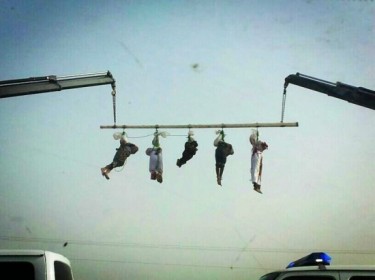‘Free-of-tie pubs are closing at a faster rate than tied
pubs. That is evidence. It is real evidence. It comes out of a number of surveys
taken over a whole period of years’
This is what Brigid Simmonds, chief executive of the British
Beer and Pub Association, told the Business, Innovation and Skills committee in June earlier this year (see question 53). As I waded through the immense volume of
information regarding pubcos and the campaign for reform, it was a claim which
always struck me as slightly odd. I couldn’t work out how it quite added up.
After all, the numbers of independent pubs reached more than 20,000 in 2012, up
1600 in ten years, as more than 10,000 pubs closed in the same period. How
could the sector be growing while shrinking faster than pubcos?
Well, it turns out, the reason is quite clear; according to
a new report published last week, it simply isn’t the case.
Pub Closures: the truth, published by the All Party
Parliamentary Group last week, pretty compellingly shows how the
leased/tenanted sector has seen many more pubs close than those of independent
freehouses. It’s quite a significant detail as it counters what has been a core
argument against pubco reform.
The figures upon which the BBPA rely are, it seems, CGA
figures, which don’t actually track the closure of pubs at all but seek to ‘provide
brand owners (and other suppliers to the on trade) with an up-to-date and
accurate database of all currently trading on trade outlets’.
But according to those figures, the numbers of independent, free-of-tie pubs which closed between December 2005 and March 2014 is 2,131 pubs, while 5,117 'non-managed pubs' (mainly leased and tenanted) closed in the same period.
The figures also omit the numbers of pubs which temporarily close following the failure of a licensee, but subsequently reopen under new management within a couple of weeks. This process is known as 'churn' and it simply isn't acknowledged in the CGA figures. So, for example, had The Alma reopened under new management, the failure of Kirsty Valentine's tenureship there simply wouldn't be acknowledged.
According to the report, in leaked figures from Punch Taverns, 'around a third of their pubs would churn in a year'. The report quotes a similar figure for Enterprise Inns.
And, oddly, the figures I quote at the top about the proportion of oubs which are free and independent or tied and managed are from the BBPA itself. So quite how does Brigid Simmonds justifies her statements to the BIS committee, I'm not really clear.
The MP's report is unsurprisingly scathing in its conclusions:
'It is clear that the reality of trends in the pub sector, particularly where the main problem lies, has been misinterpreted by, or misrepresented to, a succession of government and parliamentary bodies, the Office of Fair Trading, select committees and Business, Innovations and Skills department have regularly quote, and relied upon, data which purports to represent the picture of pub closures.'
And the report ends with a plea to Vince Cable, who has been noticeable by his silence on this issue recently:
'Not only the BBPA myth based on misrepresentation of the CGA figures no longer a reason not to introduce the much needed statutory code with the all important market rent only option in it - but the clear and real evidence of pub ownership trends, pubco disposal figures and documented churn are all key reasons why BIS MUST (the report's emphasis) now do this.'
It is no surprise to see the BBPA are reacting rigorously
against the report, eager to refute any suggestion they are spinning the figures or misleading the committee.
A piece in the Publican’s Morning Advertiser published this
morning (November 26) said the BBPA was trying to correct ‘false and misleading’
statements about their interpretation of pub closure figures, adding that they
would write to the BIS committee to ‘set out the facts’. Their rebuttal includes the lines: 'The accusation that the BBPA claims the free-of-tie sector has seen many more net closures is false' and 'Tied pubs are closing in larger numbers than free-of-tie pubs'. The full piece can be
found here.



